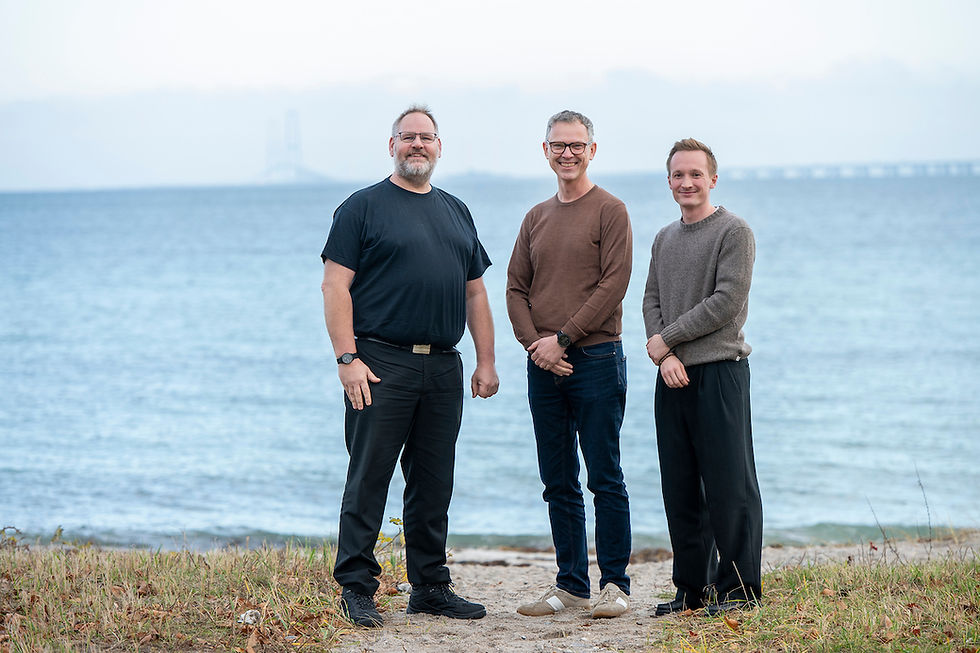INNOVATIONER STØTTET AF BETA.HEALTH
OBS! Projektoverblik er under udarbejdelse og opdateres løbende.
Bladder Cancer Electroporation - Sjællands Universitetshospital
Bladder Cancer Electroporation uses calcium electroporation (CaEP) to selectively destroy cancer cells while preserving healthy tissue, offering a minimally invasive and cost-effective treatment with fewer side effects and hospital visits.
Blood tests at home for patients with cancer in chemotherapy treatment - Sjællands Universitets Hospital
The project develops safe home-based blood self-testing for cancer patients at risk of low blood counts. Using next-generation POCT devices, it aims to reduce hospital visits, ease patient and family burden, and free healthcare resources while enabling faster treatment when needed.
DNA-Analyse: Testing of donor-derived cell-free DNA as a noninvasive marker for organ damage in transplantation patients - Rigshospitalet
The DNA-Analyse project develops a novel blood test that measures organ-derived cell-free DNA (cfDNA) as a precise and early marker of organ damage or rejection in transplantation patients.
EndoPace – University Hospital of Southern Denmark
EndoPace is a naso-gastric pacing tube that restores bowel function after surgery through targeted electrical stimulation. It reduces symptoms, shortens recovery by 1.5–4 days, and lowers complication risks, offering a simple, non-surgical solution for patients with bowel dysfunction.
Fecal virus Transplantation capsule eradicate antibiotic resistance Cl. diff. - Hvidovre Hospital
The project develops the first fecal virus transplantation (FVT) capsule—a safer, cheaper, and scalable alternative to fecal microbiota transplantation for recurrent C. difficile infections, aiming to restore gut balance, improve outcomes, and reduce healthcare costs.






















_edited.jpg)




_JPG.jpg)









